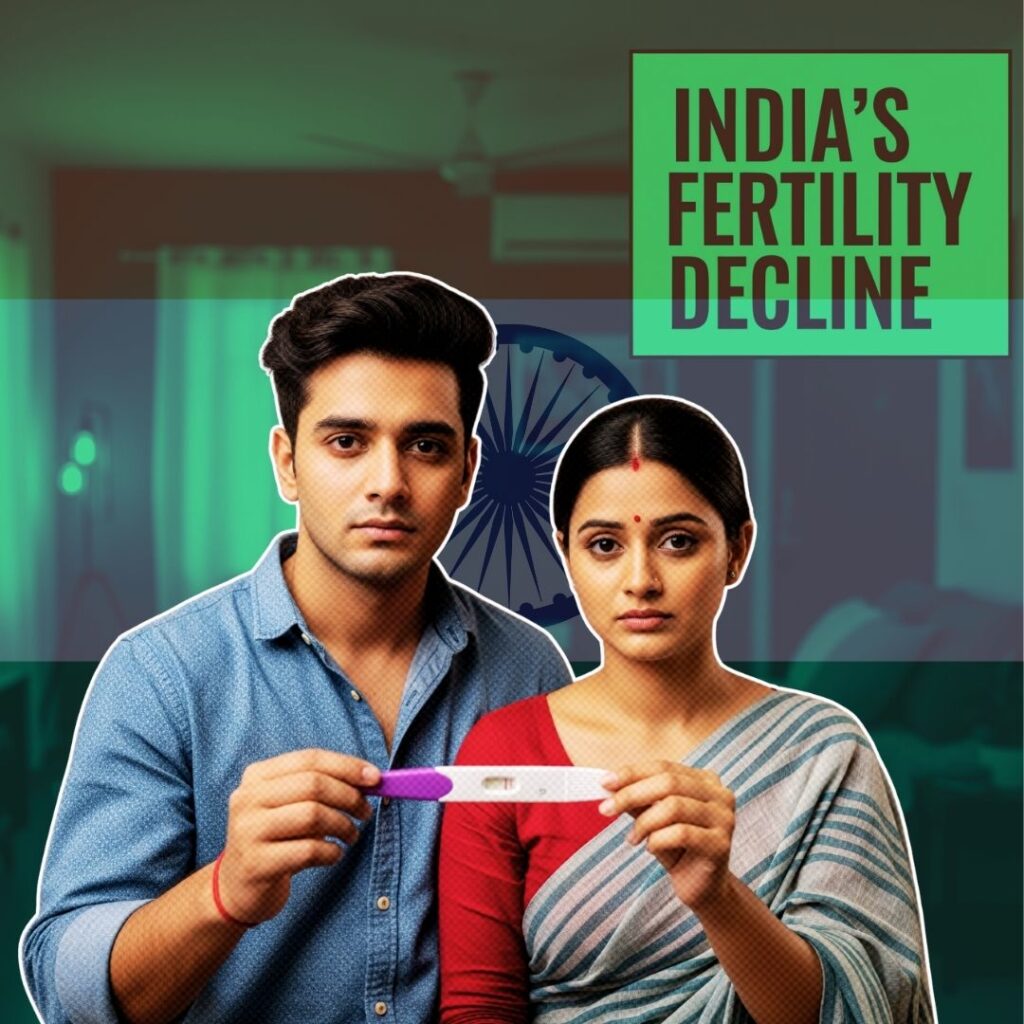Indian researcher Dr Swati Srivastava, in collaboration with Professor Yosef Yarden and other colleagues at the Weizmann Institute of Science, in Israel has found a new treatment to stop bone cancer in children. The findings were published recently in Cell Reports.
Dr Swati Srivastava completed her PhD from IIT Roorkee and is currently doing her post-doctoral at the Weizmann Institute of Science.
She discovered interactions of Ewing sarcoma, a type of tumour, on a molecular level and suggested a treatment which prevents it from spreading. It was first experimented in a study with mice, with positive results.
Ewing sarcoma is found in adolescents and young adults where a tumour is formed in bone or soft tissue.
The research was conducted with a focus on receptors for steroid hormones dubbed ‘glucocorticoids’. The tests revealed that these receptors considerably increase the growth of Ewing sarcoma. These receptors are present in all human cells, conveying hormonal messages related to stress and many important functions.
But sometimes glucocorticoid receptors stimulate malignant growth, by moving to the cell nucleus, where they physically interact with molecules that turn genes on or off. The researchers wanted to learn more about the role of these interactions in malignancy.
The physical connection between the receptors and the protein made by Ewing sarcoma oncogene increased the growth and migration of Ewing sarcoma cells and gave a boost to the spreading of the sarcoma in laboratory mice.
Later, the researchers implanted Ewing sarcoma cells in mice with a medication that could block the synthesis of glucocorticoids.
The researchers discovered that with the medication, the tumours started growing at a slower rate than before. The researchers now plan on testing this on human patients soon and are hopeful of positive results.
If the results are positive, it could bring new hope to the ones affected by this, especially in situations where cancer has spread beyond the bone.
Dr Srivastava said in a statement, “Our findings provide the basis for a personalized approach to the treatment of Ewing sarcoma.”
Also Read: Childhood Cancer Four Times More Likely In Poor Nations Than Rich Ones: Lancet Study











